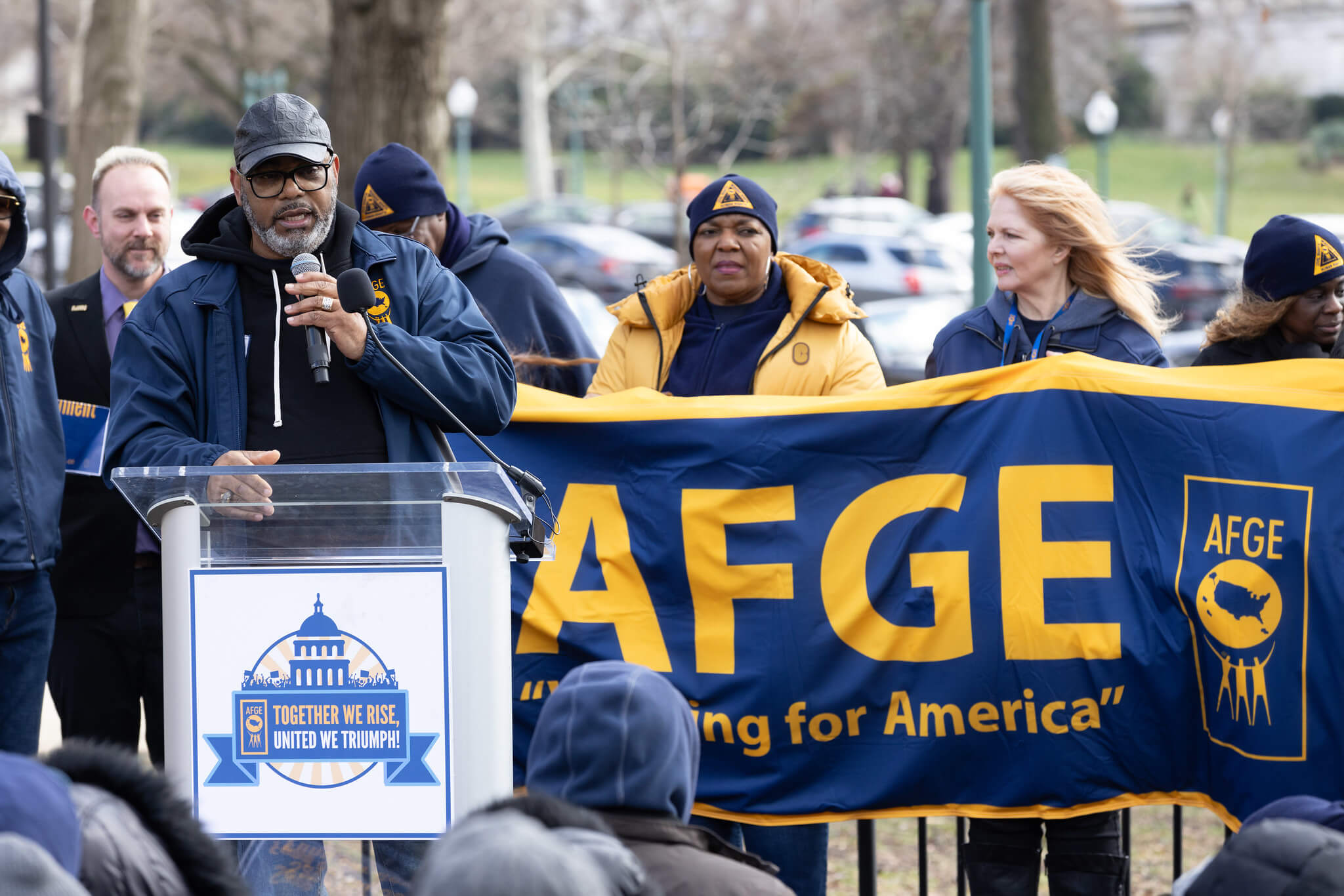The Cyberlaw Podcast: What It’s Like to Live Through a Big Data Breach
Today, I interview Frank Blake, who as CEO brought Home Depot through a massive data breach. Frank is a former co-clerk of mine; a former deputy secretary of energy; and the current host of Crazy Good Turns, a podcast about people who have found remarkable, even crazy, ways to help others. In addition to his insights on what it takes to lead an organization, Frank offers his views on how technology can transform nonprofit charitable initiatives.
Published by The Lawfare Institute
in Cooperation With

Today, I interview Frank Blake, who as CEO brought Home Depot through a massive data breach. Frank is a former co-clerk of mine; a former deputy secretary of energy; and the current host of Crazy Good Turns, a podcast about people who have found remarkable, even crazy, ways to help others. In addition to his insights on what it takes to lead an organization, Frank offers his views on how technology can transform nonprofit charitable initiatives. Along the way, he displays his characteristic sense of humor, especially about himself.
In the News Roundup, I ask Matthew Heiman if Google could have had a worse week in Washington. First Peter Thiel raised the question of whether it’s treasonous for the company to work on AI with Chinese scientists, not the U.S. Defense Department, and then Richard Clarke, hardly a conservative, says he agrees with the criticism. Inevitably, President Trump weighed in with a Thiel-supporting tweet. Meanwhile, on the Hill, Google’s VP says the company has “terminated” Project Dragonfly, an effort to build a search engine that the Chinese government would approve. But that doesn’t prevent conservatives from lambasting the company for bias against conservatives and an unfair subsidy in the form of Section 230 of the Communications Decency Act. The only good news for Google is that, despite all the thunder, no lightning has yet struck. Or so we thought for about five minutes, at which time Gus Hurwitz noted that Google is likely to face multimillion-dollar fines in a Federal Trade Commission investigation of child Internet privacy violations, not to mention a rule-making designed to increase the probability of future fines.
Speaking of which, European lightning struck Amazon this week in the form of new competition law scrutiny. Gus offers skepticism about the EU’s theory, over my counter-skepticism.
Nick Weaver is astonished at the way Julian Assange managed to turn the Ecuadorian embassy into a fist-fighting, feces-smearing, election-meddling command post.
Nick also predicts that Kazakhstan will lose its war with Silicon Valley browser makers over a man-in-the-middle certificate the Kazakh government is forcing on its citizens in order to monitor their Internet browsing.
And in short hits, Gus questions whether $650 million is a harsh settlement of Equifax’s data breach liability; Nick closes the books on NSA hoarder Hal Martin’s 9-year prison sentence; and Nick explains the latest doxing of an intelligence agency—this time a contractor for the Russian FSB.
Download the 273rd Episode (mp3).
You can subscribe to The Cyberlaw Podcast using iTunes, Google Play, Spotify, Pocket Casts, or our RSS feed!
As always, The Cyberlaw Podcast is open to feedback. Be sure to engage with @stewartbaker on Twitter. Send your questions, comments, and suggestions for topics or interviewees to CyberlawPodcast@steptoe.com. Remember: If your suggested guest appears on the show, we will send you a highly coveted Cyberlaw Podcast mug!
The views expressed in this podcast are those of the speakers and do not reflect the opinions of the firm.




.jpg?sfvrsn=407c2736_6)
